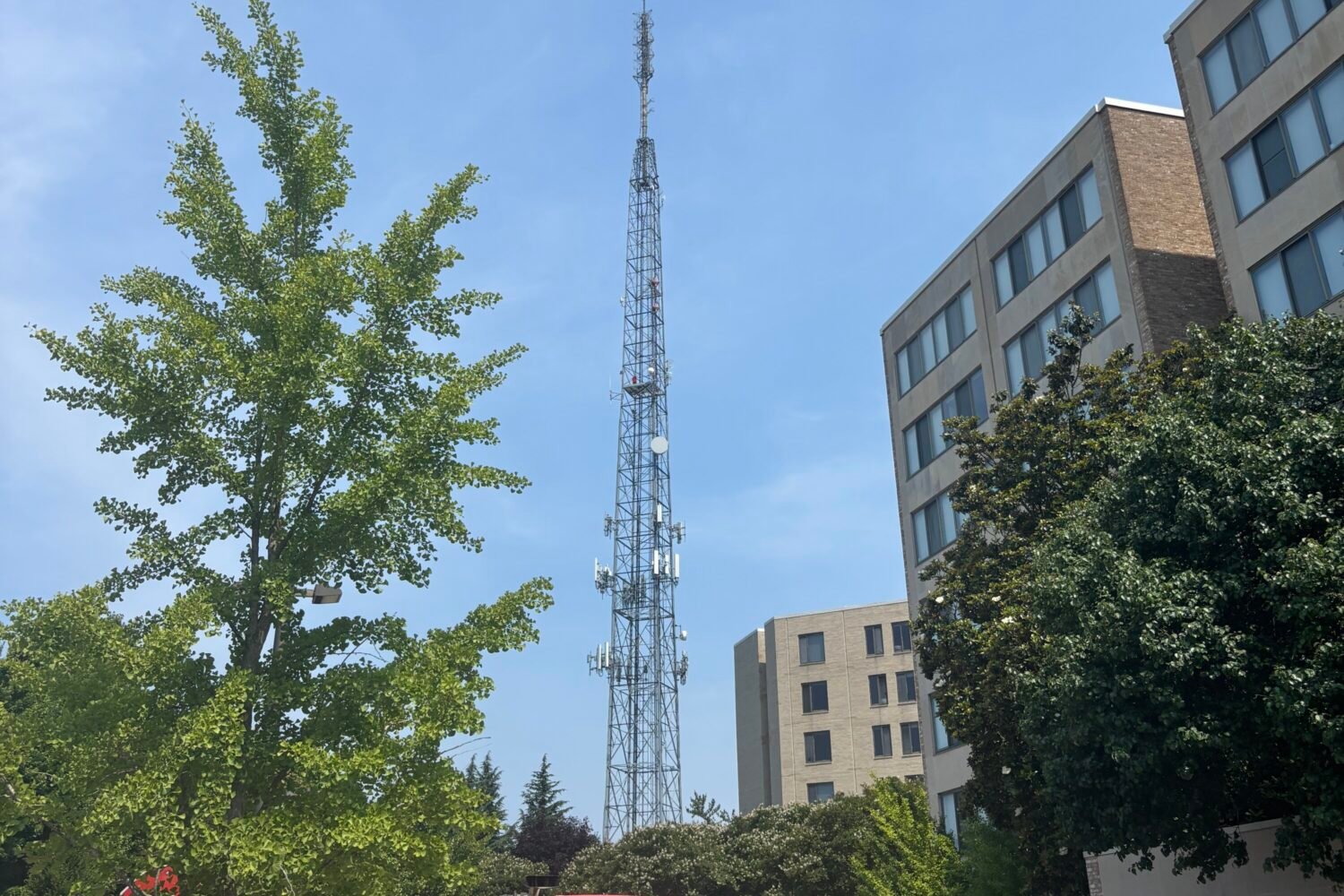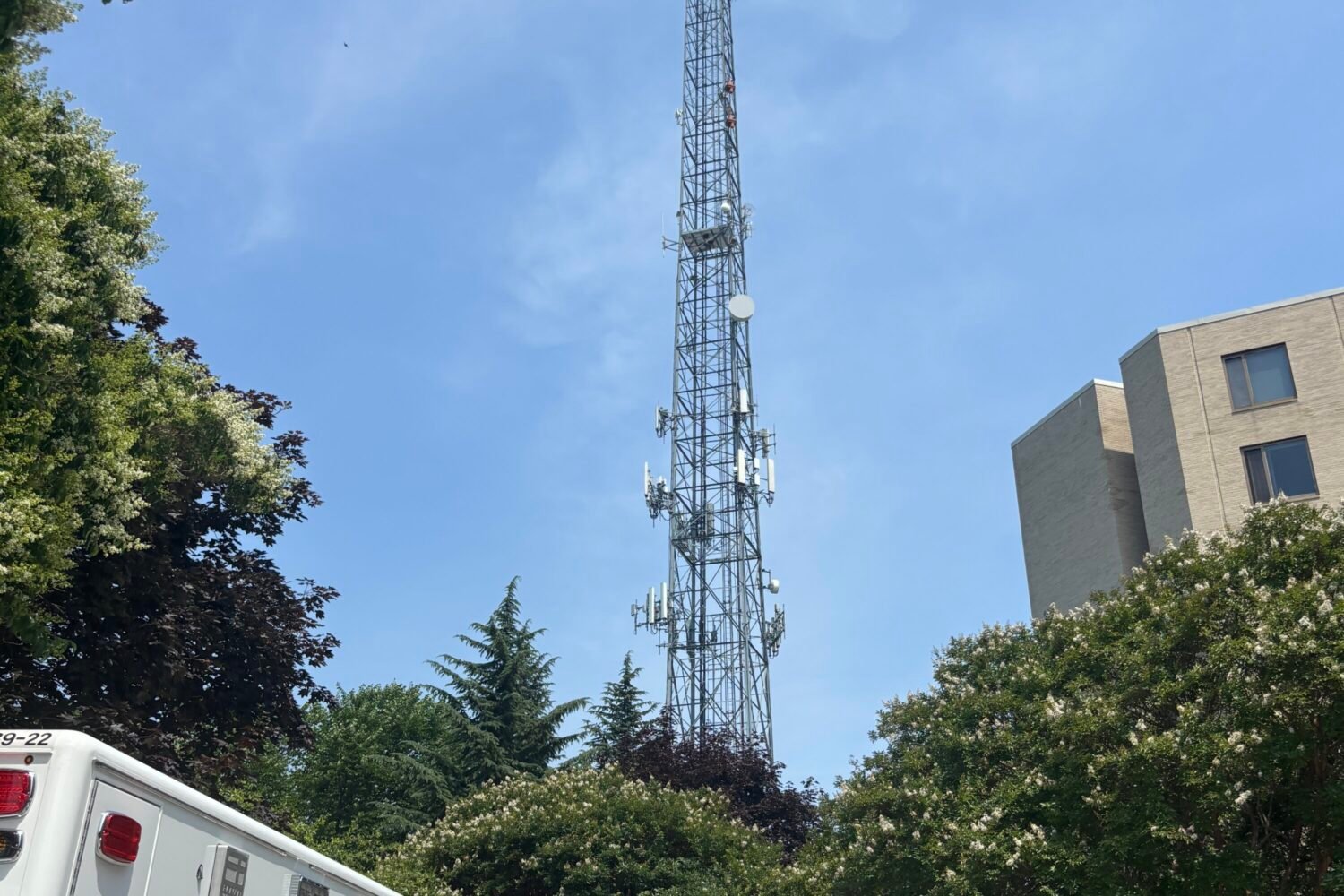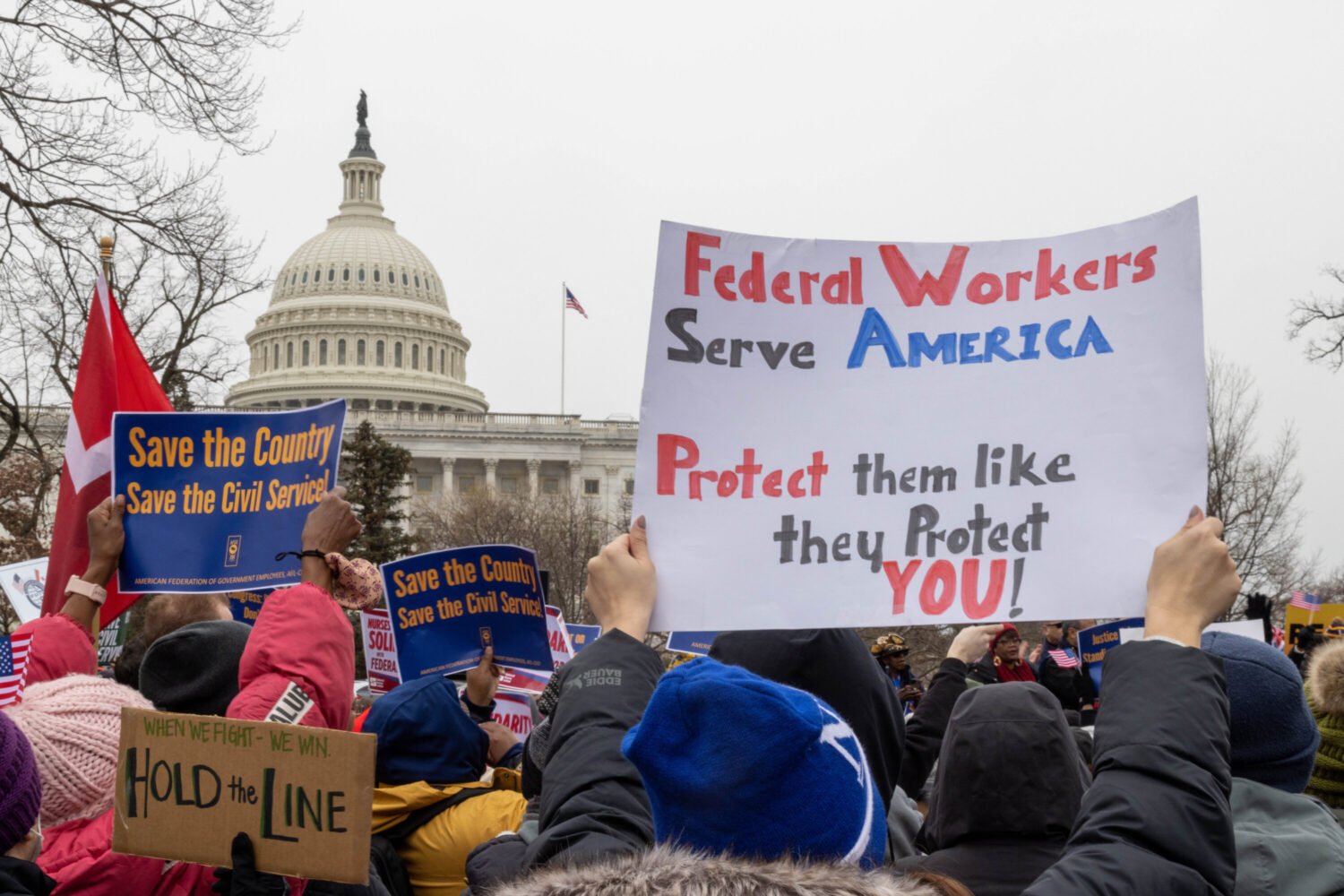For the past 15 or so years, all of the young hires at your office have had one thing in common: They’re millennials. Members of that generation have flooded Washington in the post-9/11 era, transforming the city’s workplace culture with their demands for high-end perks (cold brew in the office fridge, please) and impatience with traditional office hierarchies.
But this year, that’s finally going to start changing. According to the Pew Research Center, 2019’s graduating class will mark the first wave of a new group entering the workforce. Millennials will soon be in the unfamiliar position of being . . . not quite so young.
As the energetic upstarts—known as Generation Z—invade the halls of area office buildings, these new recruits will likely be disrupting things in ways that are different from previous generations. “The shifts will feel gradual,” says Stef Woods, a lecturer in American University’s American Studies program, “but there will be a need to have creative solutions and increased communication if there’s a desire to retain younger workers.”
That means local employers need to start catering to Gen Z, and soon. But what should they actually do?
Let’s just stipulate here that these kinds of generalizations are of limited use; people are different in all kinds of ways that have nothing to do with the year in which they happen to have been born. That said, Gen Z does seem to have some distinguishing characteristics worth pondering.
Almost half of them are non-white, for one thing, making them the most diverse generation in American history. They came of age during a time of great optimism (the first African-American President) and historic uncertainty (the Great Recession). They aren’t merely digital natives, as millennials are, but also mobile-phone and social-media natives, making them natural—some would say obsessive—communicators.
Gen Z also has grown up during a time of marked financial anxiety, and as a result, security is a major concern. “There’s a real appetite for certainty,” says Rob Cacace, director of career strategy at Georgetown Law Center. “ ‘How do I get to the next thing? I don’t want to do anything wrong—tell me the right way to do it.’ ”
Young people’s communication style is another major change, and consequently the recruiting process is being transformed. There’s more of an emphasis on connecting via text message, social media, and digital tools. “A job description by itself is not going to be sufficient,” says Dan Binstock, a legal recruiter at Garrison & Sisson. “Instead of posting a job, we’re posting a video about the job. It’s multisensory.”
Recruiters also have to be more accessible and personal for a generation accustomed to constant, informal communication. “I’ve seen a lot more recruiters putting their information out there,” says Jozanne Douglas, associate director of employer relations at Howard University’s career center. “In the past, they would say, ‘Send it to the generic e-mail.’ Now it’s like, ‘Here’s my contact information—I’m more than happy to communicate.’ ”
Perhaps the most significant characteristic of the next wave could be their eagerness to work at places that are making some kind of positive impact. No matter how big the paycheck or generous the benefits, jobs increasingly need to offer real opportunities to effect social change. “For Gen Z, there’s going to be an element of ‘we want to do good, and we also want to do well,’ ” says Woods. “They’re seeking security professionally and financially, but they want to make sure the company cares about social justice.”
That means businesses need to emphasize their good works but at the same time be accommodating of young employees’ extracurricular activities. “Is there going to be the understanding that workers can make up time if they’re at a march?” says Woods.
Will that change-the-world attitude be good for DC, which during the Obama years was a major destination for idealistic young people? The answer could depend on what happens in the 2020 election. But Washington also offers lots of non-government gigs that fit the bill, whether in our expanding technology industry or growing local sectors such as health care and biotech.
Of course, luring new grads is just the first step. “It will continue to be relatively easy to recruit people right out of college to work in DC,” says Dawn Leijon, lead author of the AU Kogod School of Business’s Greater Washington Millennial Index. “But it will be an ongoing challenge to keep them happy staying here.”
This article appears in the January 2019 issue of Washingtonian.




















